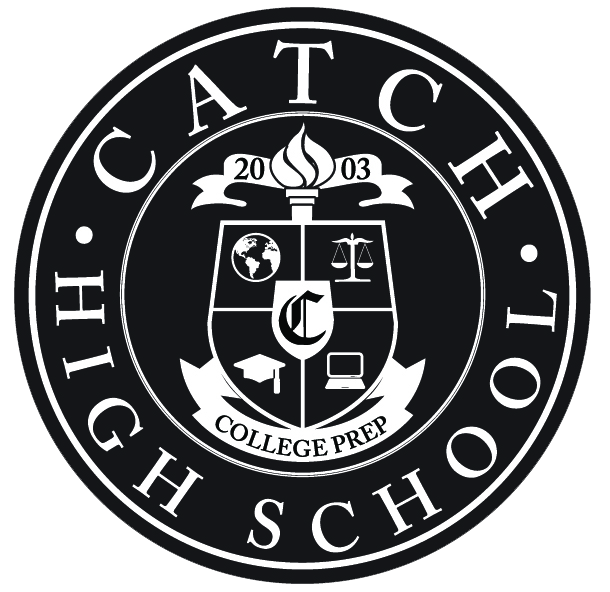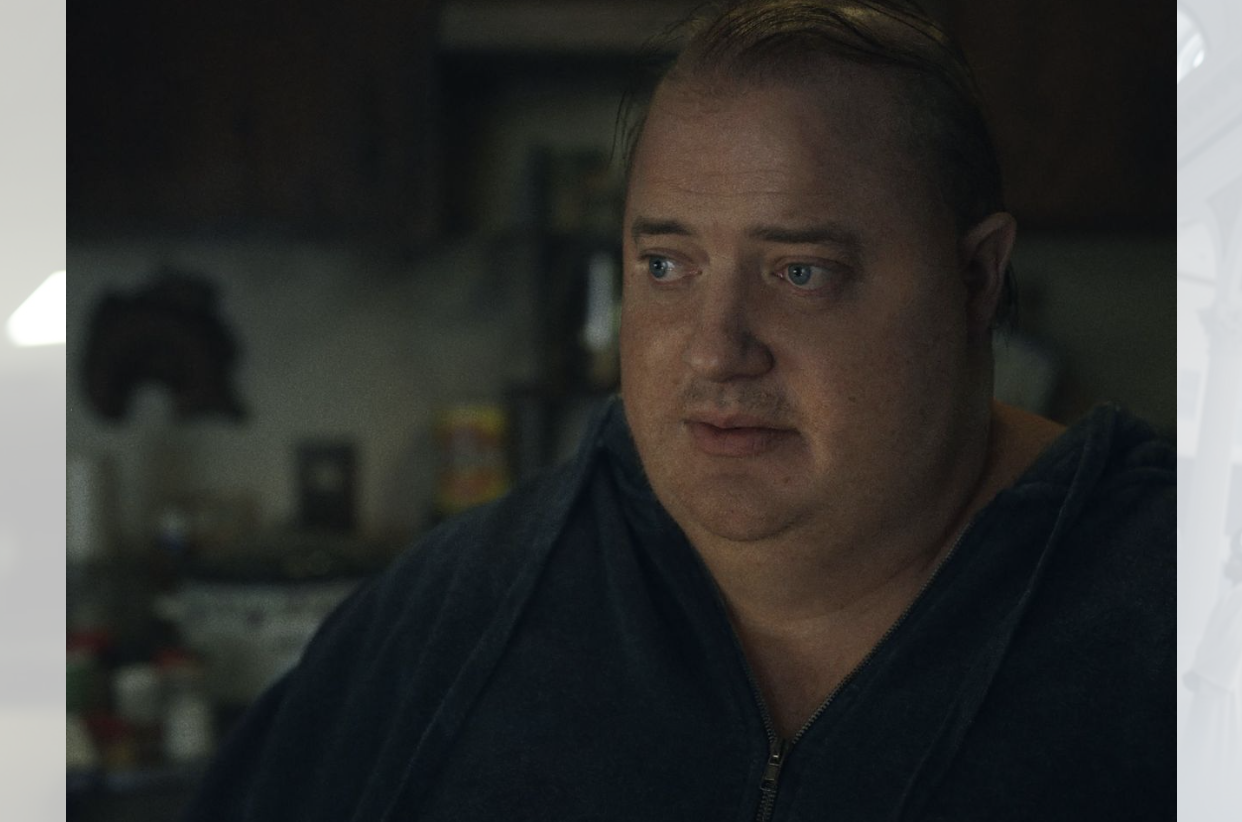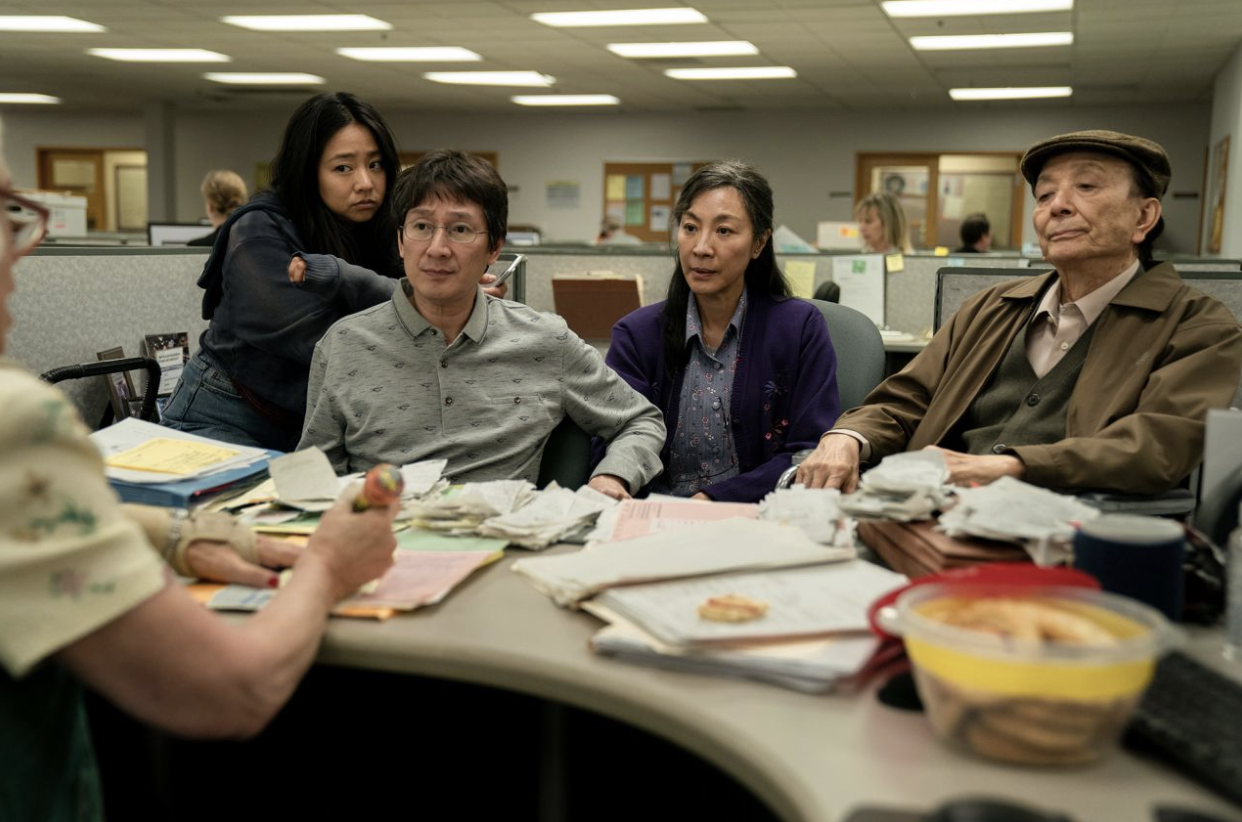Fresno City College will offer a bachelor’s degree program in dental hygiene, starting in fall 2024. KELLY PETERSEN Courtesy of Fresno City College
Fresno City College will join the small – but growing – pool of California community colleges offering bachelor’s degrees, starting in fall 2024.
The program will be in dental hygiene, a subject in which the school has offered an associate’s degree for over 40 years, said the college’s dean of allied health, Lorraine Smith, in an interview Thursday.
Dental hygiene students were already doing a lot of the work that a bachelor’s degree demands but for the existing associate’s degree, Smith said. They were completing 107 credits, when a bachelor’s program asks for 120. They were also taking their board exams to become licensed.
“This degree recognizes the work that students currently complete,” she said in an email to The Bee’s Education Lab Friday. “We believe that not awarding a bachelor’s degree disadvantages students from future opportunities.”
In March, Fresno City received conditional approval to launch its first bachelor’s degree program – unlike the two-year associate degrees it and other community colleges have historically offered. Since then, the program received green lights from both the board of governors for California Community Colleges as well as the Accrediting Commission for Community and Junior Colleges.
Now, the task is to update the curriculum, Smith said. The school plans to welcome applications from students to fill roughly 30 spots in the bachelor’s program as soon as spring of 2024.
Get unlimited digital access Try 1 month for $1 CLAIM OFFER The growing wave of bachelor’s degree offerings at community colleges could help close achievement gaps in higher education, studies have shown. An April report from the University of California, Los Angeles’ Civil Rights Project team found that offering four-year degrees at community colleges benefited low-income students and students of color in particular.
At Fresno City, students will pay significantly less than they would at a private college for a dental hygiene degree. The school’s program will cost $10,000 over four years, Smith said.
In contrast, a case study in the UCLA report showed that dental hygiene programs at private schools in Southern California cost $65,000-$109,000 more than one offered at a community college.
Students who graduate from the Fresno City program and pass their board exam will be qualified for work as a licensed dental hygienist. The role comes with an average salary of $84,860, according to May 2022 data from the Bureau of Labor Statistics. A national shortage of dental hygienists has also placed the job in higher demand as of late.
The shortage is more pronounced in less populated areas of California, where there are “dental deserts,” said Anthony Lum, executive officer of the state’s Dental Hygiene Board, in an email to The Bee’s Education Lab. More hygienists are needed to help fill those gaps.
The baseline requirement to become a dental hygienist is typically an associate’s degree.
But data collected by the California Community Colleges Chancellor’s Office shows a growing number of students in the system are pursuing a bachelor’s, as opposed to an associate’s, degree in dental hygiene each year between 2017 and 2022. That number increased from 51 to 137 — or more than 150% — between the 2017-18 and 2021-22 school years.
“The profession is moving towards awarding bachelor’s degrees,” she said.
It opens up adjacent career paths as well, Smith said, like in public health.
Graduates of these programs with a bachelor’s degree also have the option to go on and teach in a dental hygiene program, Lum said.
Smith confirmed that graduates will now be able to return as instructors once the bachelor’s degree program starts at Fresno City.
“This is going to prepare not only dental hygienists,” she said, “but also the future educators of the region.”
The Education Lab is a local journalism initiative that highlights education issues critical to the advancement of the San Joaquin Valley. It is funded by donors. Learn about The Bee’s Education Lab at its website.















































